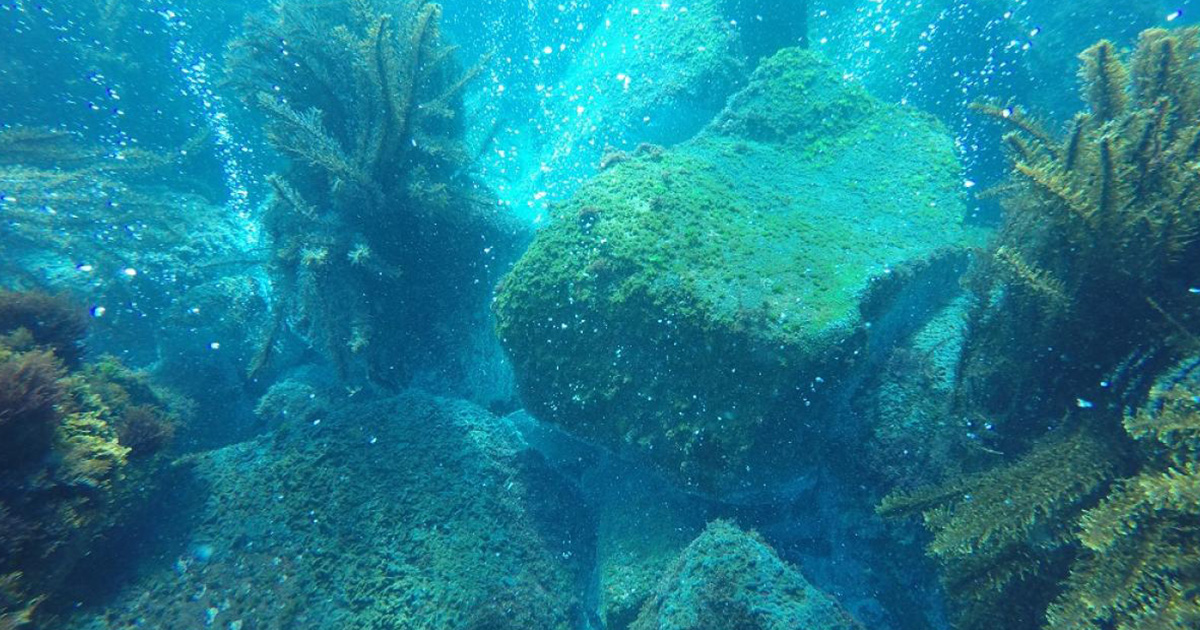Existing ways of calculating biodiversity dynamics are not very effective in detecting wholesale species community change due to the effects of ocean acidification.
University of Adelaide research shows that in cases where biodiversity metrics show no change or little change, there may still be reorganisation of ecological communities in our oceans.
"The belief that climate change will alter global marine biodiversity is one of the most widely accepted," said Professor Ivan Nagelkerken from the University of Adelaide's Environment Institute and Southern Seas Ecology Laboratories.
"Commonly used biodiversity measures don't pick up reorganisation of marine communities due to ocean acidification because new species replace species that are lost.
"Little or no biodiversity change is detected when one community of marine species is replaced by another even under significant habitat loss."
The team looked at research undertaken into how species communities located around undersea volcanic CO2 vents and in laboratory mesocosms respond to changes in climate. They reviewed 58 research studies that examined communities in different types of temperate reefs, coral reefs and seagrass beds, and 23 studies carried out in outdoor experimental environments or laboratories.
Climate change due to human activity has a direct impact on marine species. It alters their abundance, diversity, distribution, feeding patterns, development and breeding, and the relationships between species are affected.
The University of Adelaide's Professor Sean Connell, who is also from the Environment Institute and Southern Seas Ecology Laboratories, co-authored the study.
"Experiments done in the laboratory are weak in detecting biodiversity change, so natural systems experiencing advanced ocean acidification are emerging as an innovative way of studying biodiversity responses," he said.
"No ecological study, whether in the laboratory or field, can fully replicate the complex ecological interactions that exist in nature across the time and spatial scales of relevance to climate change."
Rising sea temperatures are causing lasting damage to many of the world's significant ecosystems, including coral reefs and kelp forests.
"Future projections of ecosystem change and stability will be more meaningful if they focus on detections of species replacements and changes to the abundance of species rather than testing for signs of habitat loss or biodiversity loss per se," said Professor Nagelkerken.
Journal Reference:
Ivan Nagelkerken, Sean D. Connell. Ocean acidification drives global reshuffling of ecological communities. Global Change Biology, 2022; DOI: 10.1111/gcb.16410



